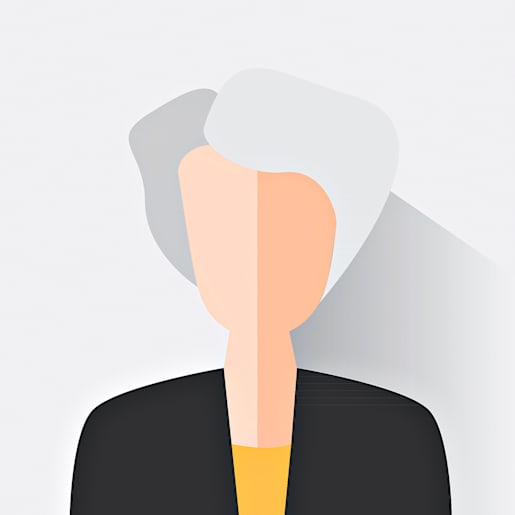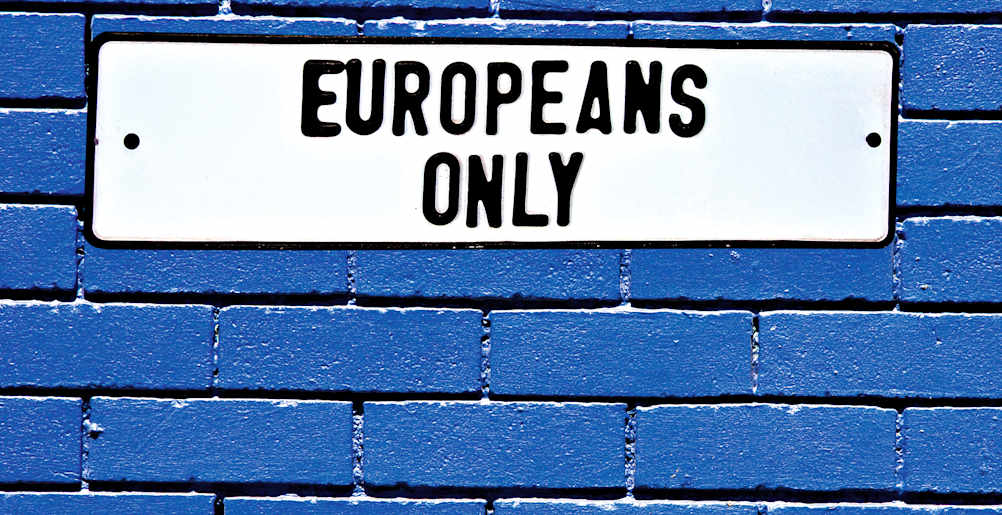

Apartheid, sanctions and the Nutbush
I HADN’T been in Australia long when the company I worked for held its 80th anniversary celebration.
It was a large publishing group with four mastheads, I wrote for two of them.
They hired a dining hall at a local RSL.
I was at the ‘fresh off the boat’ stage in the emigration process, the event was my first experience of how Aussies did things when celebrating milestones.
There I sat, like a deer in the headlights, wondering if I’d dressed appropriately and making small talk.
Everything was fine.
Everything. Was. Just. Fine … until …
Everyone, and I mean every single person [except me] got up and moved to the dance floor when this song came on.
Next minute, they’re all doing this co-ordinated dance together.
I didn’t recognise the tune but someone told me it was Tina Turner’s 'Nutbush City Limits'.
They also told me doing this dance was a ‘thing’, it was some sort of craze akin to the macarena I guess?
It dawned on me how far apart our life experiences were.
Here was a dance floor full of people doing a dance they learned years back.
When 'Nutbush City Limits' hit the pop charts I was a child living in South Africa during apartheid.
Apartheid meant sanctions, I only realised how sheltered we’d been when I came to Australia.
'The Brady Bunch', 'Sesame Street', 'I Dream of Jeannie' and a heap of other television programs we never saw.
Many popstars put a ban on their music being shared.
Nutbush and the dance was never a thing.
Lots of sporting teams refused to play in South Africa or against South African teams.
Imagine being raised in a country with a government regime so horrific the world stands with its back turned.
I was raised by parents who pushed against the rules of apartheid.
We mixed with people who were African, Indian and mixed race.
We went on weekends away, had them over for dinner and spent time at their homes.
I didn’t know about apartheid until my first year of high school.
My friends were not allowed to go to the same school as me.
I found that abhorrent and it was.
Then one day mum came home in tears.
She’d taken her best friend out to lunch because it was her birthday.
It was raining and they wanted a booth inside the restaurant.
The manager said no, they’d have to sit outside.
Mum protested but Priscilla, an Indian lady, took her arm and guided her back out saying ‘it’s okay, I know what’s going on’.
The restaurant had a whites only policy for indoor eating, if they wanted lunch they’d have to sit outside in the rain.
It was the first time I saw my mum so angry.
I started figuring things out, my friends of colour couldn’t go to the same beach as me.
Can you imagine children standing on the pavement looking at the beach and sea before them, unable to enjoy it because they’re weren't white?
When the city of Durban had Christmas displays at the municipal park, only whites were allowed to walk around it.
I discovered my non-white friends looked at the scenes through the car window as their parents drove them around.
No one is hearing them, no one is speaking up for them, I thought.
I decided I’d become a journalist, I wanted to write for those with no voice.
And I did just that.
I also scored an interview with a man of significant importance not long before migrating to Australia, but that’s a story for another day.





